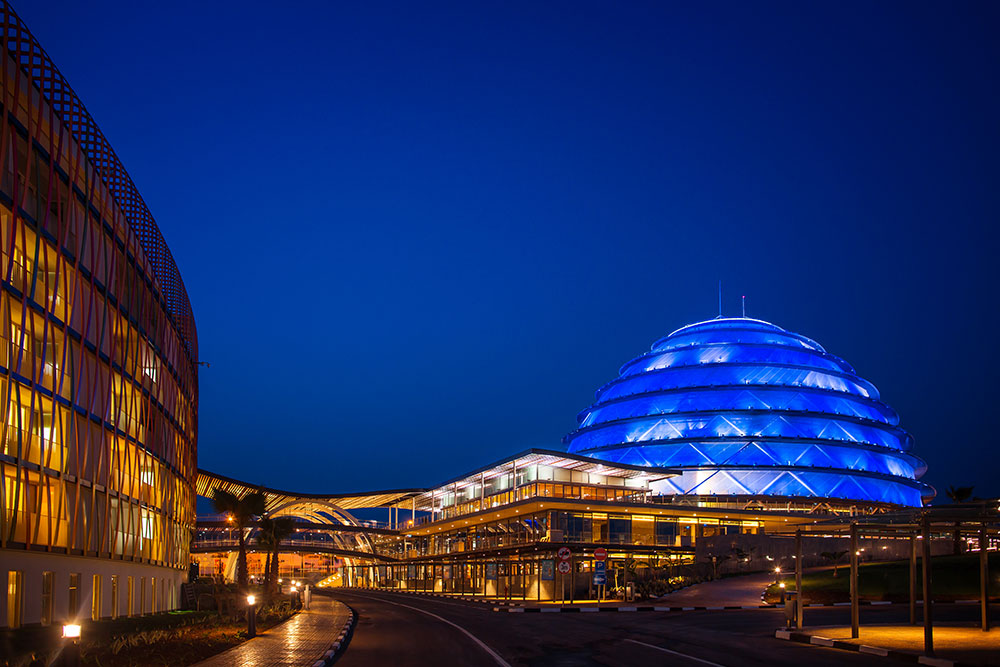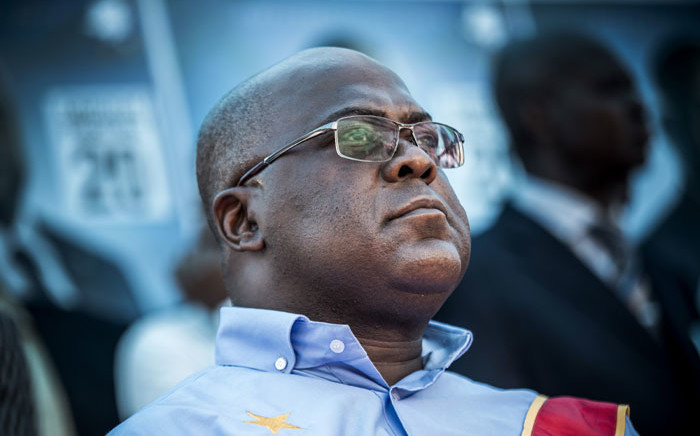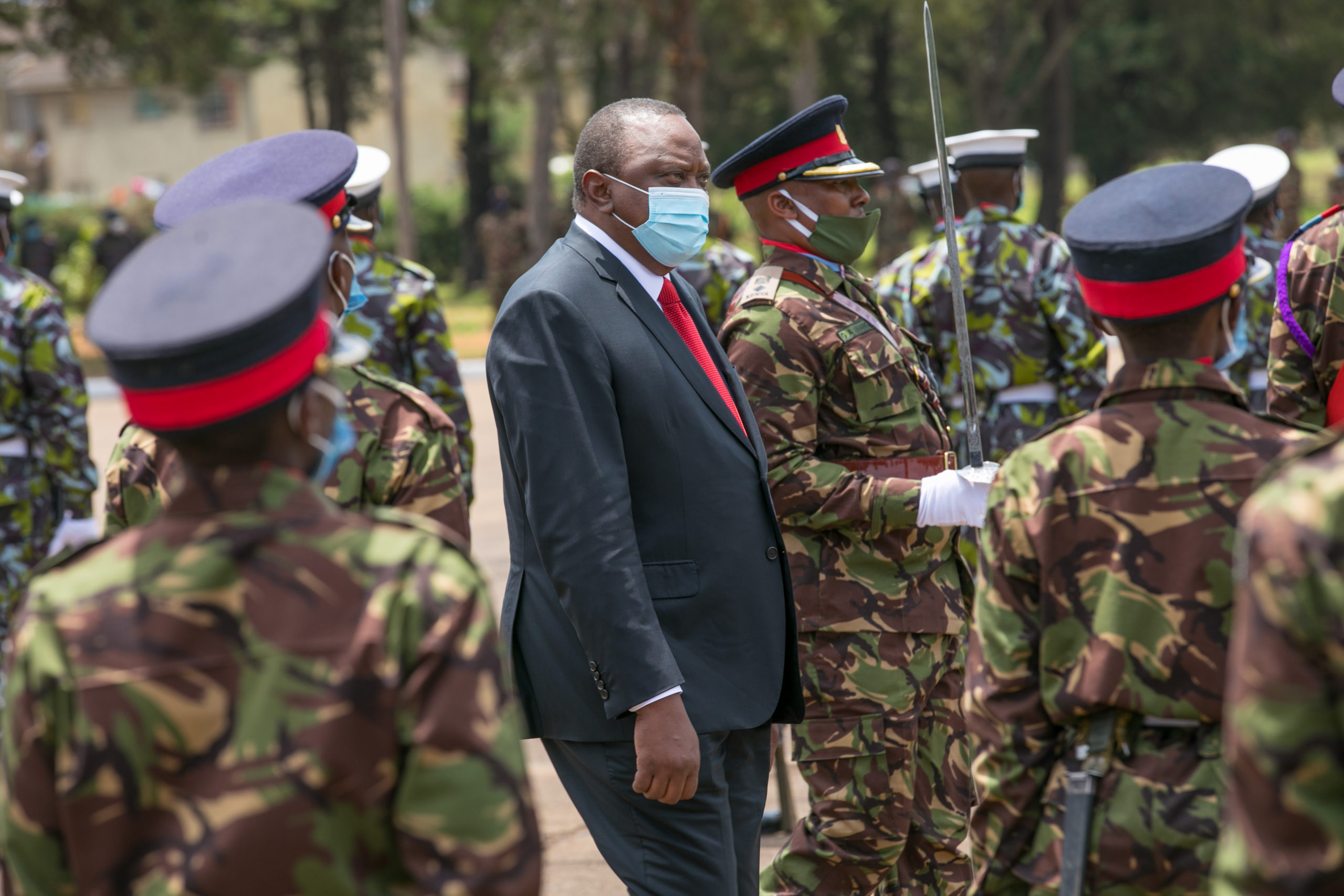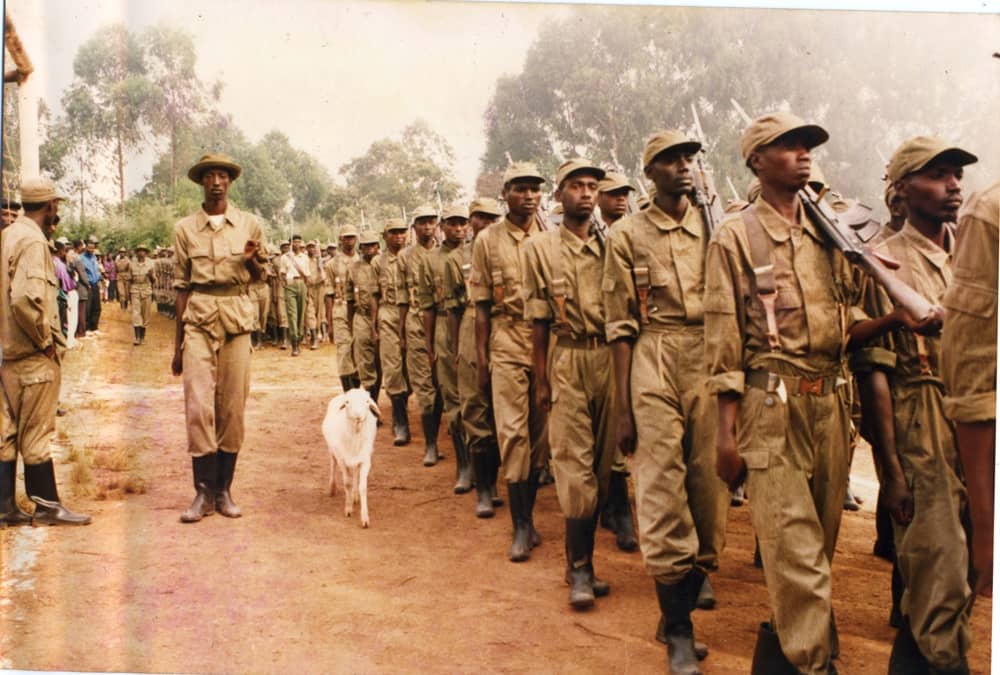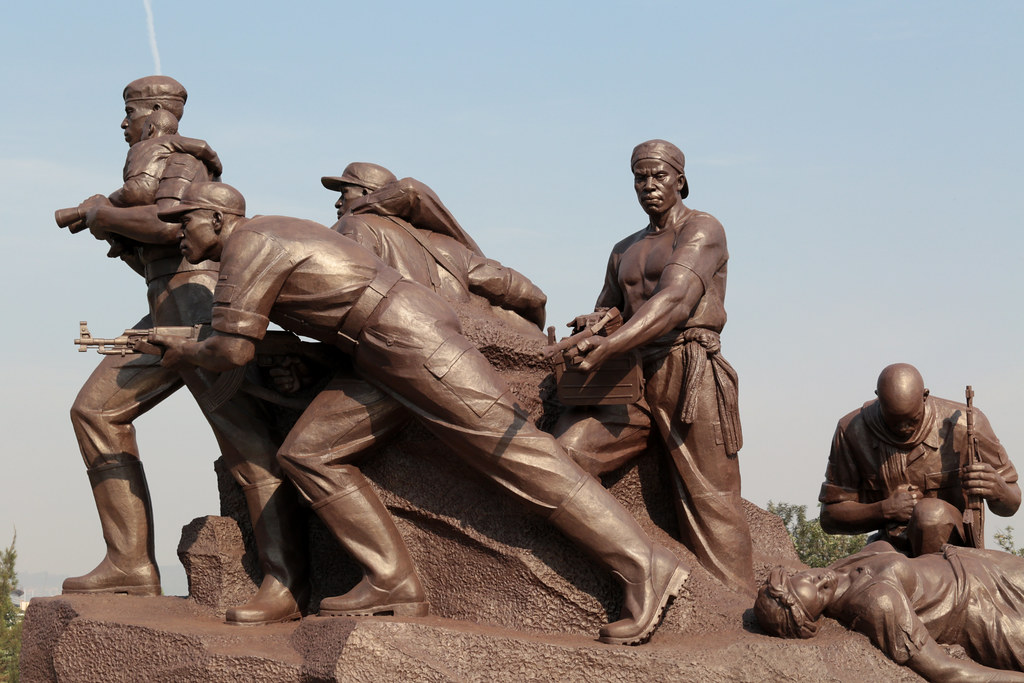Regional
DRC presidential election: Anti Rwanda manifesto used to win votes
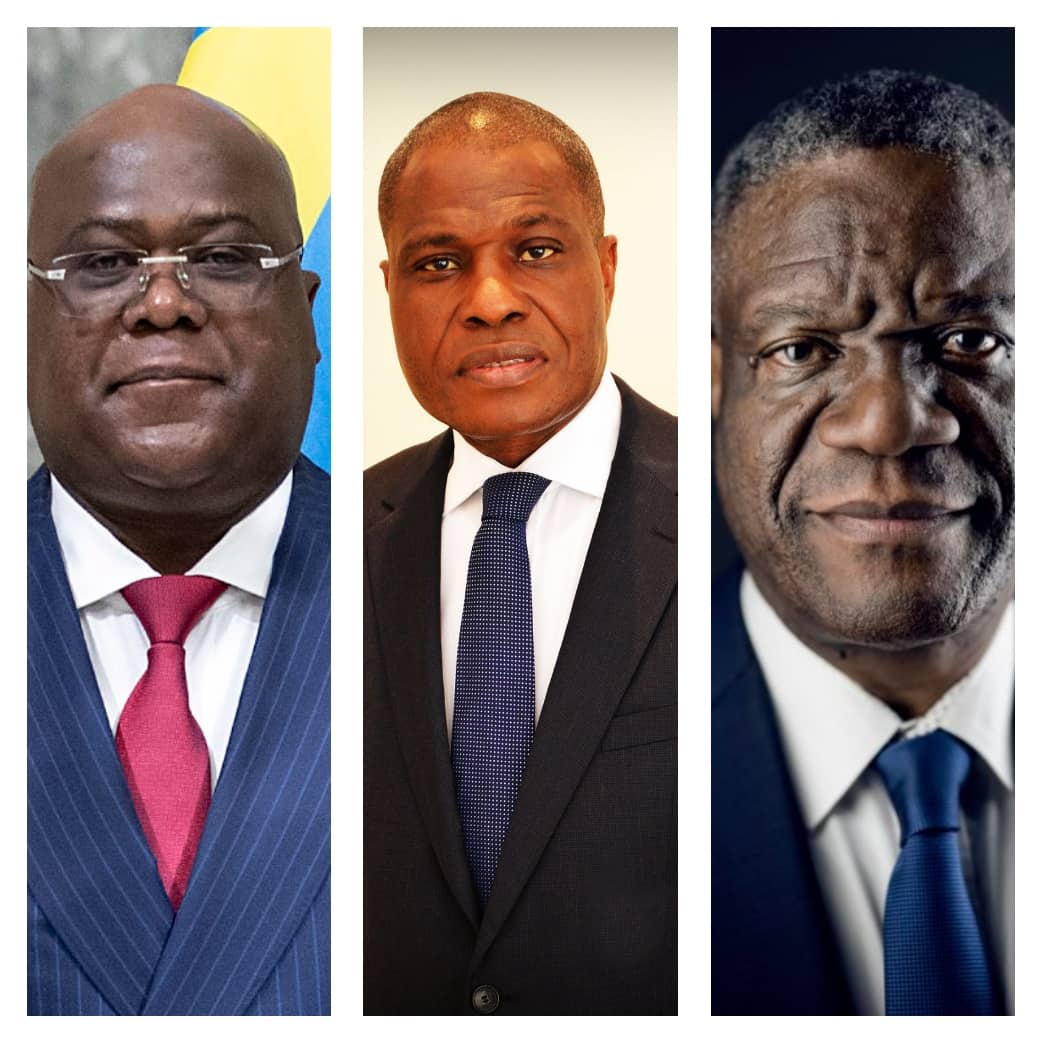
The
Democratic Republic of Congo (DRC) now counts months to hold general elections in
which the incumbent President Félix Tshisekedi will be re-elected, or a
successor declared winner.
At
least three men already showed thirst for the presidency - Tshisekedi, Martin
Fayulu, a businessman, and Dr Denis Mukwege, a gynecologist and winner of the
2018 Nobel Peace Prize.
While
preparations for the December 2023 elections are under way, the eastern part of
the second largest African country is still suffering from 30-year-long
hostilities. This is a region where more than 130 local and foreign armed
groups reside, threatening the peace and security of DRC and neighboring
countries.
The
situation was worsened by the M23 or "March 23 Movement" – a Congolese
rebel group that was defeated in 2013 but took up arms again in late 2021– and
seized the town of Bunagana since June 2022.
To
win Congolese’s hearts and minds, the presidential candidates have focused on
the current crisis in eastern DRC, so as to convince citizens on how they can
restore peace and security in the mineral rich country, yet the fourth poorest
in the world, as reported by Global Finance.
However,
instead of proposing solutions to end the internal conflicts, all of the
candidates are pushing an anti-Rwanda manifesto. The blame game on Kigali’s
alleged support to the M23 rebels persists.
Addressing
the 77th UN General Assembly in September, Tshisekedi reignited
allegations that Rwanda supports rebel groups on DRC’s territory.
"Despite
my goodwill and the Congolese people's outstretched hand for peace, some of our
neighbors find no way to thank us other than supporting armed groups.”
Tshisekedi’s accusations are a political
rhetoric aimed at ensuring that Congolese vote for him in the coming election.
Fayulu’s
manifesto follows the same suit. On September 28, he released a letter entitled
“Message au people Congolais en rapport
avec l’intensification du projet de destabilization de notre pays,” in
which he alleged that Rwanda is occupying the territory of DRC, and called for
Congolese to defend themselves.
Dr
Mukwege deserted
his operating theatre and the victims of rape he often talks about and is now
busy in political rallies which propagate anti-Rwanda views as well as hate
speech against Congolese Tutsi communities.
This
tactic is not new among Congolese politicians. After seizing power from Mobutu in
1997, Laurent-Désiré Kabila was accused by Congolese of becoming a dictator.
Instead of changing his political agenda, he fuelled anti-Rwanda ideas and
killings of Congolese Tutsi.
His
son and successor, Joseph Kabila, later also followed his father’s footsteps.
He
upped the anti-Rwanda agenda despite the fact that the opposition alleged he
too was Rwandan. He used the tactic before 2005 and during the 2011 elections
to win votes in the eastern region.
The
anti-Rwanda agenda has never benefited the Congolese population. It only
increases xenophobia and discrimination among citizens which leads to disputes
in Congolese security forces, and formation of rebel groups as commanders defect
from the national army.
For
decades, different Congolese governments, have collaborated with the
Interahamwe militia and ex-FAR, a genocidal cocktail now forming the FDLR and
its other splinter groups. Their only aim is destabilizing Rwanda, or worse
still, returning to capture power forcefully and completing the evil agenda –
genocide against the Tutsi – that they were unable to, in 1994.


